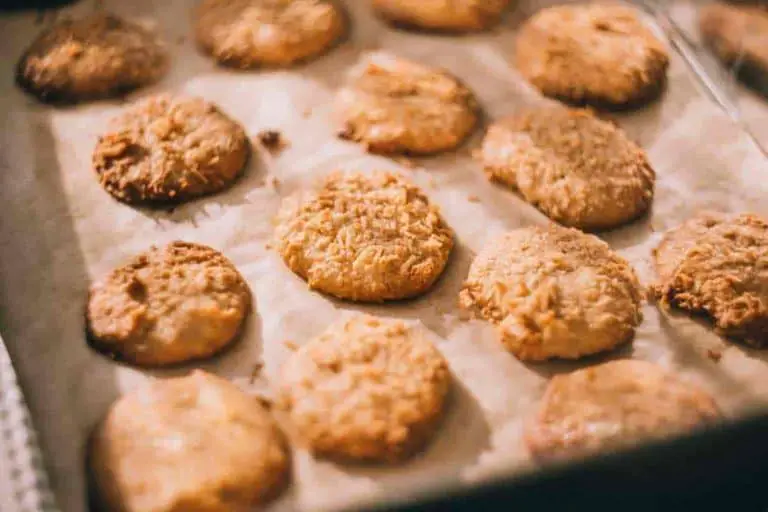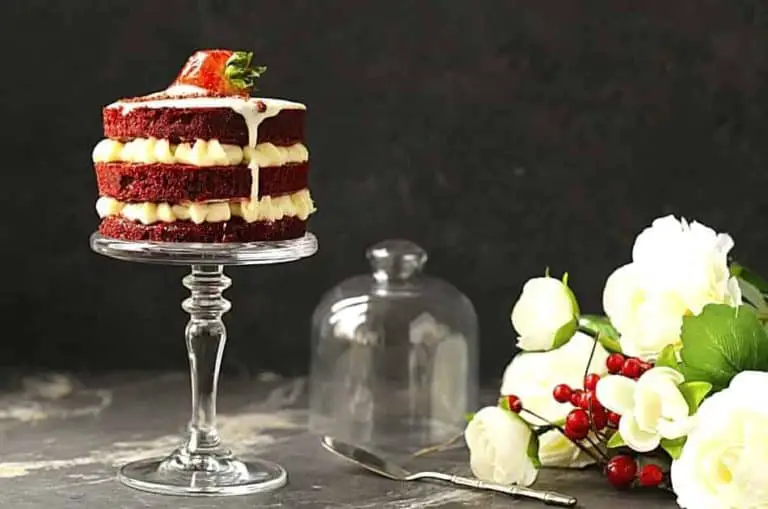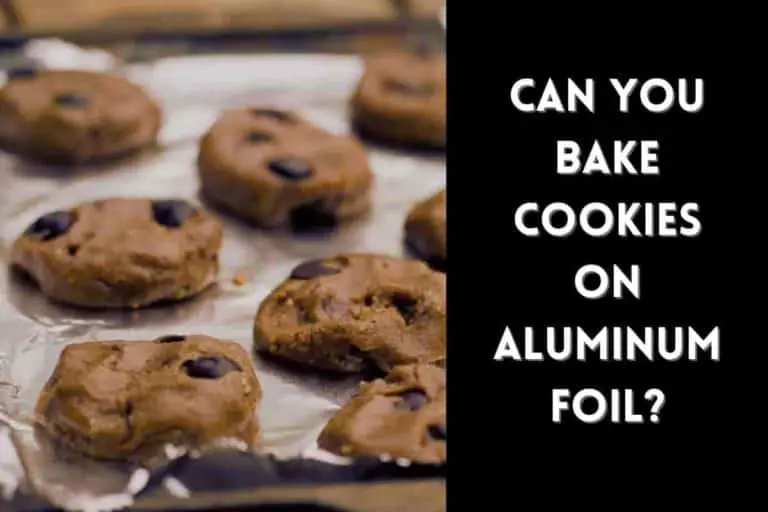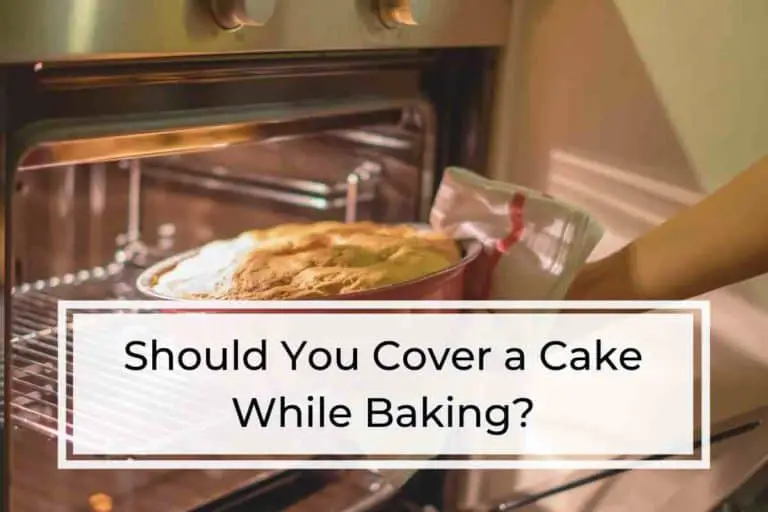Does Baking Soda Make Pancakes Fluffy? [Here’s the Truth]
A stack of pancakes topped with fruits and syrup is everyone’s favorite, especially kids, sweet breakfast, but they should be light and fluffy. And if you do not follow the recipe and steps to make pancakes, you may not get the fluffy pancakes, and no one will like those.
Does baking soda make pancakes fluffy?
The baking soda makes pancakes fluffy, but you need to use sour milk or buttermilk when using baking soda in pancakes. It is because baking soda needs acid to work. However, be mindful of the quantity of the baking soda because too much baking soda produces dark and soapy-like taste pancakes, and too little baking soda makes flat and blonde pancakes.
If your pancakes come out flat and rubbery and not light and fluffy, don’t worry. Continue reading to learn how you can make your pancakes fluffy and rise.
In this guide, we’ll explain whether you should use baking powder or baking soda for your pancakes. Further, you will learn why your pancakes are rubbery and doughy and how to correct them.
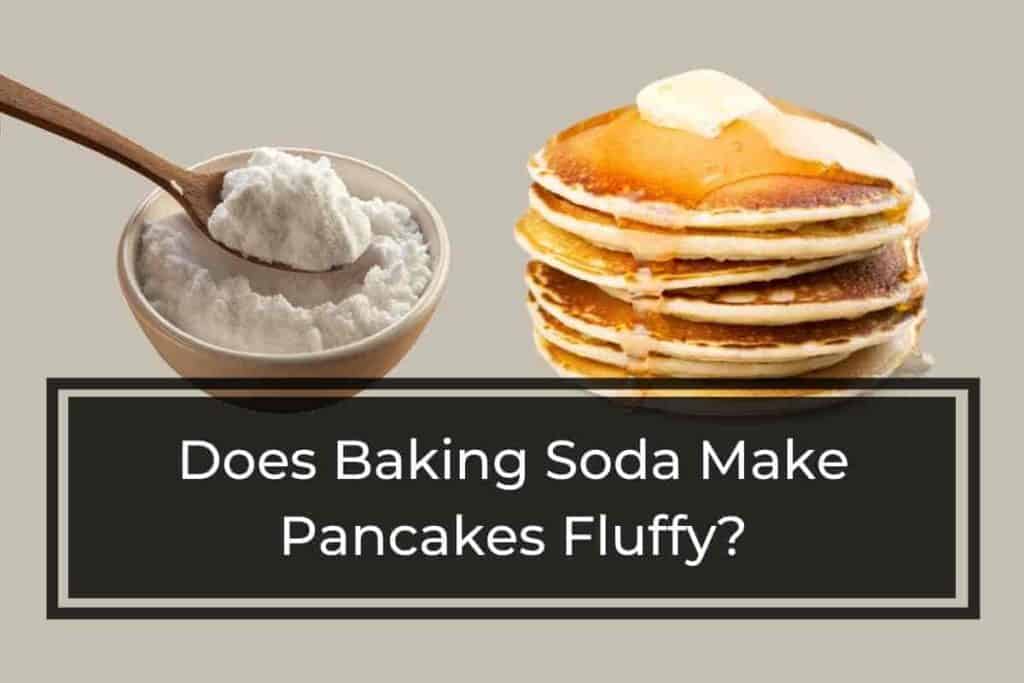
If you are interested in buying the best bakeware products and accessories for the kitchen, be sure to visit my Recommended Products Page (click to see my page), Which includes all of my top picks by category.
Does Baking Soda Make Pancakes Fluffy?
Baking soda can add fluff to pancakes by forming carbon dioxide bubbles when it interacts with the acidic components of the batter, such as buttermilk or yogurt. These air bubbles become trapped in the batter, expanding and rising to produce fluffy pancakes.
Additionally, baking soda aids in balancing the batter’s acidity and enhances the browning of the pancakes.
For a recipe requiring 1 cup of flour, 1/4 teaspoon of baking soda is usually sufficient to create fluffy pancakes. But be careful not to go overboard, since too much baking soda can give pancakes a soapy or metallic flavor.
Since baking powder is made of a combination of baking soda, cream of tartar, and cornflour and is specifically made to help baked goods rise, it is usually advised to use it when preparing pancakes.
What Happens If You Put Baking Soda In Pancakes?
Baking powder is a raising agent that will make your pancakes fluffier and browner. However, you need to use buttermilk or soured milk instead of regular milk for pancake batter when adding baking soda. It is because the acid in the buttermilk or soured milk is necessary to activate baking soda.
It will supercharge the CO2 production, and as a result, there will be more air pockets in the pancakes when you cook them, and they will puff up. Additionally, baking soda is an alkaline substance and controls the browning of your pancakes.
Nonetheless, if you do not use the correct quantity of baking soda, you may produce inedible pancakes. Because using too much baking soda will create a dark and soapy taste like pancakes, and too little will lead to blonde and flat pancakes.
What Makes Pancakes Fluffy And Rise?
The secret to fluffy pancakes is using baking powder, baking soda, buttermilk, and whisking egg whites separately. However, use the right balance of baking powder and baking soda for desired results. Further, the baking powder works best if you use buttermilk or soured milk instead of regular milk because acid activates baking soda.
Another trick to making pancakes fluffy is to separate egg whites, beat them till stiff foam, then add them to other ingredients. It will give extra softness and rise to your pancakes.
Should I Use Baking Powder Or Baking Soda For Pancakes?
Both baking powder and baking soda are used in the batter to get light and fluffy pancakes. You can use both but in moderation. Nevertheless, you need to add buttermilk or soured milk when using baking soda to activate it.
If you do not include that, the baking soda may enhance the color of your pancakes, but it will not aid in raising pancakes because baking soda does not activate. Baking powder is a double-acting leavening agent because it provides two rises.
It means it first makes batter rise when you mix flour with liquid, and then it makes batter rise when you heat it. Similarly, baking soda assists in raising the batter, and in addition to this, baking soda is also responsible for controlling the browning of the batter when cooking.
Nonetheless, you have to use the exact amount of these two rising agents because using too much of these two will create a dark and chalky/soapy taste like pancakes, and too little will result in blonde, limp, and flat pancakes.
What Causes Pancakes Not To Rise? [5 Things to Avoid]
If your pancakes are not rising enough, the following factors could be responsible.
1. Not Mixing Enough Baking Powder:
You may be mixing too little baking powder and baking soda. Or maybe your baking powder and baking soda are expired.
2. Using Regular Milk Instead of Buttermilk:
One of the main causes is that you used regular milk instead of buttermilk. It is of particular importance when using baking soda because baking soda requires acid to activate.
3. Overmixing the Pancake Batter:
You overmixed the pancake batter. Just mix your batter until it is smooth, and even some lumps are okay. Try not to mix it until smooth because that will overmix the pancake batter.
4. Not Enough Heat in the Pan:
Your pan was not hot enough. The baking powder will not activate correctly if the pan is not hot.
5. Insufficient Time to Rest the Batter:
Let your batter rest for 5-10 minutes, and then make your pancakes. Do not let your batter wait for longer, or bubbles will flatten out; you will get flat pancakes.
How To Fix Rubbery Pancakes? How Do You Fix Doughy Pancakes?
I have compiled some mistakes below that you may be making when making pancakes and tips to fix your rubbery and doughy pancakes.
1. Overmixing the pancake batter can develop gluten, and consequently, your pancakes will be rubbery and doughy. Gluten (a protein to give elasticity to the dough) is formed when you mix flour and liquid.
But if you overmix the batter, gluten molecules make a strong bond together, which is suitable for making bread and cakes and not making fluffy pancakes. Therefore mix the flour just until it comes together and not more than that to avoid doughy and rubbery pancakes.
2. Be careful when adding fat to the pancake batter. Because adding too much fat will lead to cake-like dough and pancakes will not rise, and too little fat will produce dry pancakes.
3. Eggs can make or break your pancakes. It means you need to use the correct number of eggs and not use more (will make dense and custard-like pancakes) or less (will result in dry and crispy pancakes) than required. Also, you have to beat egg whites separately for fluffy pancakes.
Conclusion
Baking soda is an alkaline substance and requires acid to activate. It is used in pancakes to make them fluffier and control their browning. Further, you can also use baking powder with baking soda to raise pancakes. However, if your pancakes are not fluffier and light, you can follow the instructions above to fix that.
If you are interested in the best kitchen products and accessories, be sure to visit my Recommended Products Page (click to see my page), Which includes all of my top picks by category.

